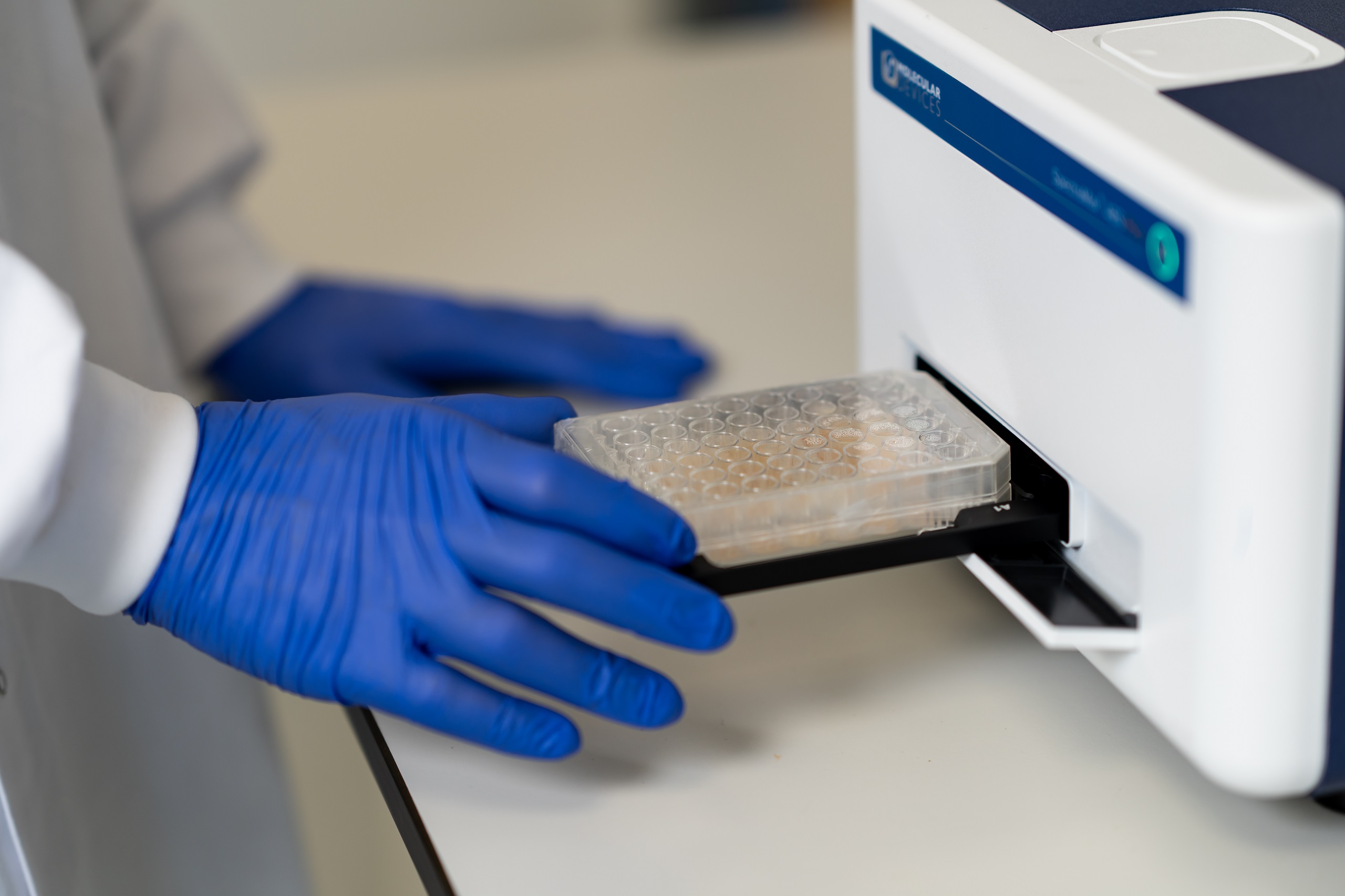Embedding intellectual property (IP) as a strategic pillar gives additional strength to companies, but it shouldn’t be viewed as a one-off activity. By continually building your IP as new phases of data becomes available, you can ensure the success of later commercialisation strategies and protect future partnership opportunities. All companies need to protect their discoveries and be aware of the competitive landscape within their industries.
Product development involves several complex but essential activities, from research and development, large-scale efficacy testing, regulatory data gathering and regulatory dossier submission. For successful product validation and eventual commercialisation, all these streams are crucial.
New technology ventures will often over-estimate the speed at which they can identify and domesticate new discoveries. For agriculture products it needs a more intricate approach, with the focus being on seasonal efficacy testing in the field, which is essential for future commercialisation.
I have always been interested in plant-fungal interactions and as a child, I was gifted light microscopes, introducing me to fungal genetics at an early age and ultimately leading me into a fungal cell biology lab at university. My professional path continued this same trajectory, studying mycology and plant cell biology, and uniting the two. Growing up in AgBiotech at different companies and studying different aspects of plant-microbe relationships has provided fertile ground for my curiosity.
When I was introduced to FA Bio, I was immediately intrigued by their method of screening for new soil-borne beneficial fungi. I found it compelling and truly believed it could offer tactical benefits from both R&D and patent perspectives. After consulting with the leadership team, I was impressed by their professionalism and rapid establishment of an authentic strategy. I have been involved in many new R&D and start-up efforts throughout my career, but FA Bio had a mature and practical approach coupled with a genuine collaborative culture which was impressive and led me to join their effort.
FA-Bio’s focus on beneficial soil fungi and the metabolic capacity of fungi can offer opportunities that are divergent from soil bacteria. Its unique rapid screening process will help to collect valuable fungal candidates that will prove useful across numerous commercial applications. With field efficacy of FA Bio’s top fungal candidates anticipated in the next couple of years, IP protection will be key to aid its early establishment and commercialisation in the US.

The path of IP protection not only safeguards existing discoveries, but it can also prompt new experimental avenues and yield unexpected business alliances and opportunities. FA Bio is developing new assays quickly and is developing new metrics that will be meaningful for industry collaboration.
To escort an idea from the lab to commercial launch that matches market and partner needs is a big achievement for any company. I have built a broad appreciation of how this is achieved over my career, and I am thankful to have been able to contribute scientifically to the commercialisation of Monsanto, Simplot Plant Sciences, and Syngenta. Operating across the lifespan of their products, from patent invention to commercial collaborations and regulatory, has given me the foundation and experience to be an independent consultant working across a range of venture opportunities.
Working in industry has been a particularly fruitful experience, serving in scientific, regulatory, and business roles, often simultaneously and it allows me to contribute to young start-up companies in a way that builds and grows their commercial future.
The company culture being created by FA Bio’s leaders will be their key to success. Coupled with a disciplined outlook, the company recognises the strengths of individuals, celebrates breakthroughs, and offers space for scientific passion. A passionate culture of discovery coupled with practical commercial expression and strong partner collaboration are key to ensuring the success of an early-stage company.


